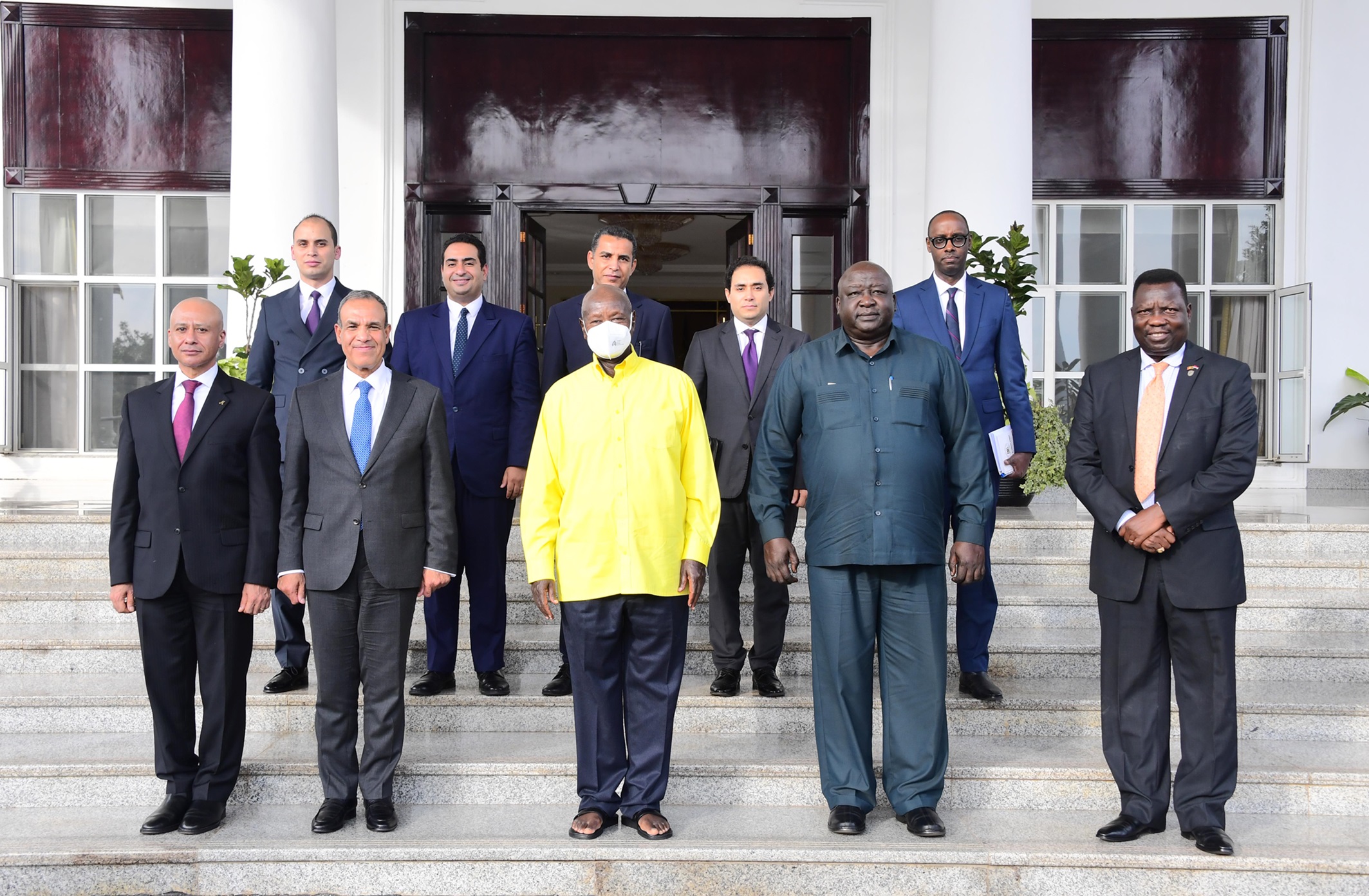Egypt is set to host the upcoming Nile Basin States Summit 2025, and has sent Uganda an official invitation to attend, Uganda’s Ministry of Foreign Affairs announced in a statement on 1 November.
The summit, previously hosted by Uganda in 2017, is the Nile Basin Initiative’s (NBI) highest decision-making body and is essential for addressing political challenges and coordinating the effective management of the basin’s water resources, according to Uganda’s Ministry of Foreign Affairs.
Egypt’s Foreign Minister, Badr Abdelatty, expressed confidence in Ugandan President, Yoweri Museveni, saying, “We trust in your leadership to bring consensus among Nile Basin countries and help us address challenges, including concerns about upstream projects.”
Museveni emphasized his commitment to attend the summit “for a meaningful dialogue” aimed at securing the future of the Nile Basin through regional cooperation and sustainable development.
“The problem is not water; the problem is just ideology. I don’t know why we disagree—that’s why I want a summit,” Museveni had said in the statement.
Along with Egypt and Uganda, nine more Nile Basin countries will join the summit, including Ethiopia, Sudan, South Sudan, Kenya, Rwanda, Eritrea, Tanzania, Burundi, and the Democratic Republic of Congo.
The NBI was established in 1999 to encourage sustainable socioeconomic development through fair usage and shared benefits of the Nile’s water resources. However, tensions continue to mount among the countries along its banks, as upstream and downstream nations remain locked in disputes over their rights to the river’s vital flow.
The Cooperative Framework Agreement (CFA), a part of the NBI that Egypt and Sudan refuse to agree to, allows upstream countries to launch water projects on the Nile without informing downstream nations in advance, which could highly affect their water supply.







Comments (0)